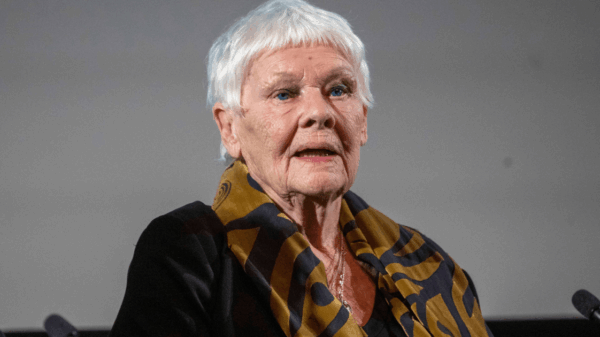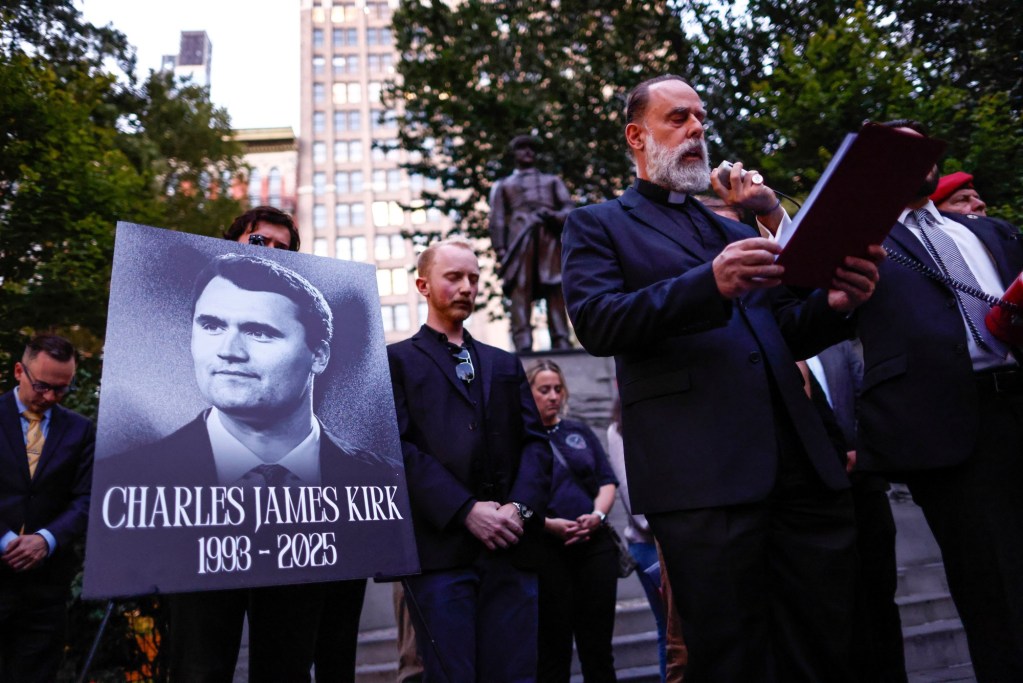The assassination of political commentator Charlie Kirk last week has ignited a fierce debate across the political spectrum, with reactions from both the left and the right attempting to place blame. Some argue that right-wing extremism is to blame, while others point to left-wing rhetoric. Both perspectives, however, overlook a crucial truth: the responsibility lies primarily with the shooter.
On March 1, 2024, Kirk was killed by Tyler Robinson, whose motivations remain under scrutiny. While it is evident that societal extremism influences individuals, the act of pulling the trigger ultimately falls to the individual. The public discourse surrounding Kirk’s assassination often shifts to blame external forces, such as political culture, rather than confronting the stark reality of personal accountability.
The tragedy of Kirk’s death extends beyond political analysis; it deeply affects his family. The thought of two children losing their father is heart-wrenching, and the burden of explaining such a loss to them weighs heavily. Many people have expressed sorrow not just for Kirk but for the emotional toll on his loved ones, highlighting the human impact of political violence.
In the immediate aftermath, reactions varied significantly. Congressman Dave Min, a Democrat from Orange County, initially condemned political violence across the board. However, after media narratives began to label Robinson as politically right-leaning, Min’s tone shifted. He stated, “Now that the Charlie Kirk assassin has been identified as MAGA, I’m sure Donald Trump, Elon Musk, and all the insane GOP politicians who called for retribution against the ‘RADICAL LEFT’ will now shift their focus to stopping the toxic violence of the RADICAL RIGHT.” This post sparked controversy for its potential to inflame tensions further.
While Governor Gavin Newsom condemned the “poisonous populism of the right” in his State of the State address, he also postponed a scheduled political event in light of Kirk’s death and expressed condolences. His actions, while responsible, reflect a broader issue: the potential for political rhetoric to incite further violence.
The narrative surrounding Kirk’s assassination highlights a troubling trend where political factions compete to assign blame rather than addressing the root causes of violence. A recent analysis by the Cato Institute indicates that ideologically motivated murders are rare, yet the language surrounding political discourse remains increasingly hostile.
In a recent statement, North Carolina Senator Thom Tillis acknowledged that while there have been instances of political violence against right-wing figures, it is not a competition. Both sides have experienced violence, and the focus should be on reducing rhetoric that may incite further harm.
The discussion around political violence reveals a deeper societal issue where incendiary language has become commonplace. As individuals and leaders engage in political discourse, it is essential to recognize the potential consequences of their words.
To mitigate the risk of further violence, a shift towards more civil debate is necessary. Acknowledging extremism on all sides could foster a more constructive dialogue, moving away from blame and towards understanding.
As the community mourns the loss of Charlie Kirk, it is vital to remember the human cost of political violence. The focus should not only be on assigning blame but also on preventing future tragedies through responsible dialogue and accountability. The challenge remains for all political factions to reflect on their rhetoric and its implications in the pursuit of a more peaceful discourse.






































































